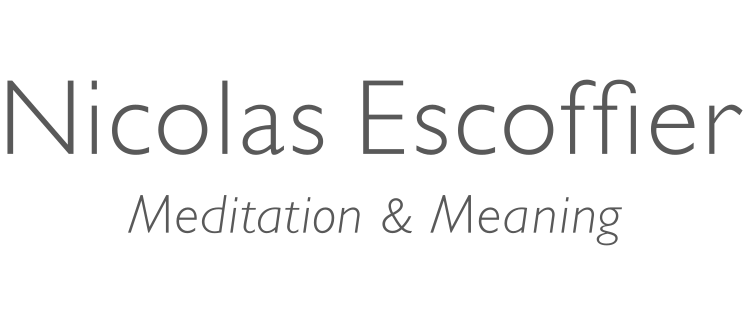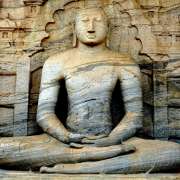Shamanism and science
In this study, born from encounters with the Chinese spirit mediums of Southeast Asia, we examined the crucial role emotions and brainwave synchronization play in very intense rituals.
The oldest human spiritual practices, in use long before the emergence of organized religions, are shamanic practices. They were persecuted and almost completely disappeared with the emergence of modern religions. Some of these traditions have miraculously survived and have come down to us today. I had the privilege of meeting and studying one of these ancient traditions: the shaman-mediums of the Chinese communities of Southeast Asia.
Meeting the dangki
The project, which lasted over 5 years, developed from meetings and dialogues with the shamans and spirit-mediums, the “dangkis” in the Hokkien language (乩 童). These mediums offer healing rituals to anyone who comes for help in the temples where they perform their rituals. People often consult them over health concerns.
During these very intense rituals, the mediums enter a trance, which allows a deity who has chosen them to take control over their body. These deities are sometimes famous physicians from centuries past who, through the dangki, can offer health advice and talismans to the person who needs their help. Dangkis are still present in Taiwan, and in the Chinese communities of Southeast Asia including Singapore, where I have studied them.
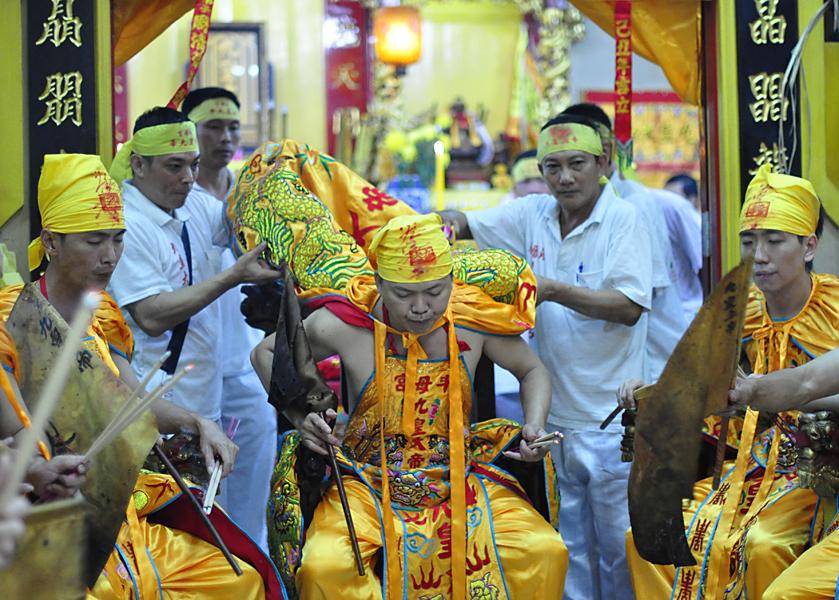
The study
In this work, we examined the brain waves of people who have attended these rituals often. We invited them to the lab, where they viewed and evaluated videos of several mediums while we recorded their brain responses. For each ritual, participants rated the depth of the trance, their opinion on the efficacy of the ritual, and the emotions it triggered for them. We also measured the brainwave synchronization between each participant during the ritual experience.
Looking at the results, we discovered a unique link between the emotions triggered by the ritual and its perceived efficacy. Perceived efficacy increased with the intensity of the rituals, and that was related to deeper trance. Furthermore, participants judged the rituals as more effective when they viewed them in groups rather than alone. While participants were unable to communicate during the experience, their brain synchrony increased in groups and they gave more similar ratings. We observed these patterns in alpha and beta waves, which are associated with emotions and visual attention.
The results showed that these rituals have both a personal and a collective dimension. The perceived efficacy of the rituals was influenced simultaneously by how the individual and the group responded to them.
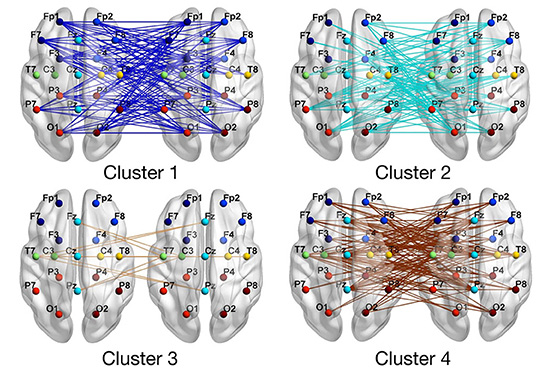
In a spirit of service
This is the first neuroscience study that examined these practices and investigated the brain response and the opinion of observers of the ritual. However, what to me remains the most significant aspects of this project are the encounters and conversations with the mediums themselves.
The dankis helped me understand and showed me the depth of their contribution and their devotion to service. By ensuring the transmission of these traditional tools for healing, they help others face and overcome daily difficulties, and by helping individuals in this way they are a source of support and meaning for their entire community.
The publication, is available here. ici.
A glimpse into your inner journey: take the test
Find out how your personality changes your meditation journey with the free test based on recent research.
